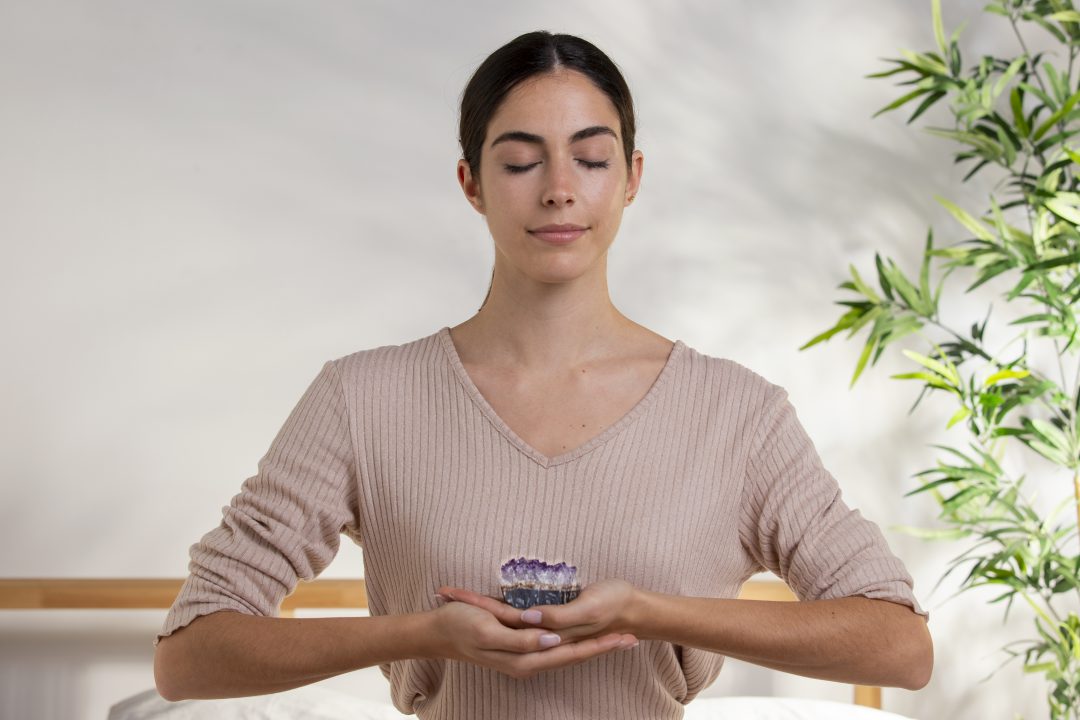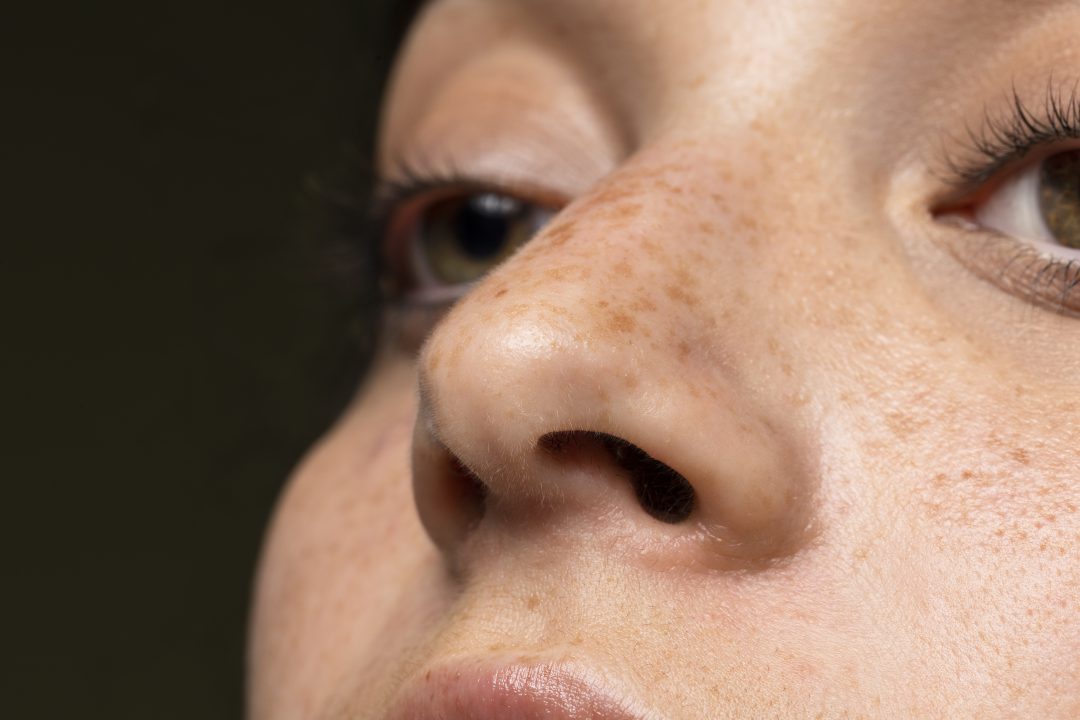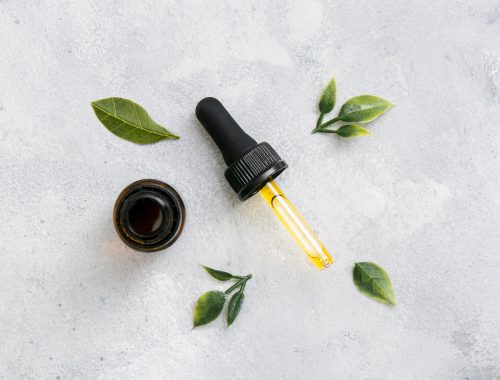Introduction:
As the festive season approaches, our hearts fill with joy and anticipation for the magical moments that Christmas brings. Beyond the glittering decorations and delicious feasts, the power of scents can play a pivotal role in creating a warm and inviting ambiance. This holiday season, consider incorporating the enchanting world of floral essential oils to elevate your Christmas festivities. Not only do these oils offer delightful fragrances, but they also bring therapeutic benefits that can enhance your overall well-being. Let’s explore ten essential oils that will add a touch of aromatic magic to your celebrations.
-
Peppermint:
Known for its invigorating and cooling properties, peppermint essential oil can be diffused to create a refreshing atmosphere. Its crisp scent is reminiscent of candy canes and winter wonder.
How to use: Add a few drops to your diffuser for a burst of minty freshness or mix with a carrier oil for a DIY massage blend.
-
Pine:
Capture the essence of a winter forest with pine essential oil. Its woody aroma brings a sense of the outdoors, making it perfect for creating a cozy and rustic Christmas ambiance.
How to use: Diffuse to evoke the scent of a Christmas tree or add a few drops to your homemade potpourri.
-
Frankincense:
Embrace the regal and sacred scent of frankincense, often associated with the Christmas story. This resinous oil promotes relaxation and a sense of spiritual connection.
How to use: Diffuse during meditation or add a few drops to your bath for a luxurious soak.
-
Myrrh:
Complementing frankincense, myrrh essential oil adds a warm and earthy aroma. Its rich and slightly sweet scent is perfect for creating a cozy and intimate setting.
How to use: Blend with a carrier oil and apply topically or diffuse for a comforting atmosphere.
-
Cinnamon:
Infuse your home with the comforting scent of cinnamon, reminiscent of festive treats and spiced beverages. Cinnamon essential oil brings a sense of warmth and indulgence.
How to use: Mix with a carrier oil and apply to pulse points or add a few drops to your holiday baking.
-
Orange:
Bright and uplifting, orange essential oil adds a burst of citrusy freshness to your Christmas celebrations. It is known for its mood-boosting properties.
How to use: Diffuse for a cheerful atmosphere or add to homemade potpourri for a burst of citrus scent.
-
Lavender:
Amidst the hustle and bustle of the holidays, lavender essential oil provides a calming and soothing aroma. It’s perfect for creating a peaceful retreat.
How to use: Diffuse before bedtime or add a few drops to your pillow for a restful night’s sleep.
-
Eucalyptus:
Bring a breath of fresh air to your festivities with eucalyptus essential oil. Its invigorating scent promotes a clear mind and can be especially beneficial during the winter season.
How to use: Add to your shower for an aromatic steam experience or diffuse to promote a clean and refreshing atmosphere.
-
Rosemary:
Known for its herbaceous scent, rosemary essential oil adds a touch of sophistication to your Christmas ambiance. It’s invigorating and can help stimulate focus and concentration.
How to use: Blend with a carrier oil and use as a massage oil or diffuse to create a focused work or study environment.
-
Ylang Ylang:
For a touch of floral sweetness, ylang-ylang essential oil is an excellent choice. Its exotic and romantic fragrance can add a layer of luxury to your festive celebrations.
How to use: Add a few drops to your diffuser or mix with a carrier oil for a sensual massage blend.
Aesthetic Importance of Essential Oils on Christmas:
Beyond their therapeutic benefits, essential oils contribute to the aesthetic charm of Christmas. The subtle yet powerful influence of these natural scents can transport us to cherished memories, create a cozy ambiance for family gatherings, and infuse our homes with the spirit of the season. Whether you choose to diffuse these oils, incorporate them into DIY gifts, or simply enjoy them in your personal care routine, their aromatic presence adds an extra layer of magic to the holiday season.
Conclusion:
This Christmas, let the captivating fragrances of floral essential oils be an integral part of your festive celebrations. From the invigorating notes of peppermint to the timeless allure of frankincense and myrrh, these oils offer a sensory journey that enhances the joy and warmth of the season. Embrace the therapeutic and aesthetic benefits of essential oils to create a Christmas atmosphere that is truly enchanting. May your holidays be filled with the delightful scents of nature, bringing comfort, joy, and a touch of magic to your home.











